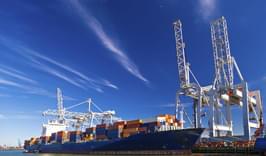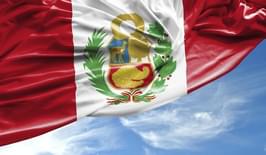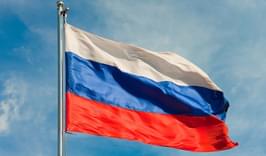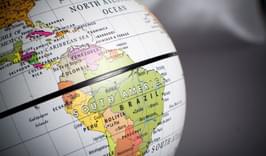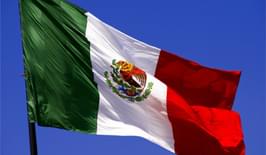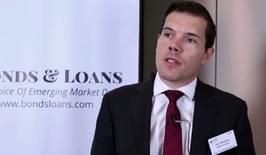Latest articles
Showing 1731-1740 of 2145 results.
Commodity-linked corporates find window in Brazil
Brazilian corporates like mining giant Vale are looking to tap international markets in a brief window provided by higher commodity prices and an improving economic outlook in the country. The majority of funding would be used to refinance existing debt.
8 Jun 2016
CASE STUDY: DP World issues largest single-tranche sukuk in ME since 2014
DP World’s recent US$1.2bn sukuk maturing in 2023 is the first gross throughput capacity-based wakala sukuk structure in the global ports industry. The issuance is also the largest single tranche corporate sukuk to emerge from the Middle East since 2014.
8 Jun 2016
Peruvian elections unlikely to offer significant new investment opportunities
Regardless of which candidate wins the elections in Peru, the market friendly sentiment across the country is likely to remain. Significant investment opportunities are unlikely to present themselves once political activity has quietened, but smaller opportunities for international investors will remain if the country is able to maintain its level of growth amid lower commodity prices.
7 Jun 2016
Russian corporates pick market return carefully
Russian corporates are returning to the international markets, but not as a result of the sovereign’s successful Eurobond in May. Although some such as NLMK will take advantage of cheaper foreign borrowing rates, due to effectively being blocked from the markets by Western sanctions, in general Russian corporates have strong credit positions and do not need significant dollar funding.
7 Jun 2016
Sub-Saharan Africa split on Eurobonds
Sovereign issuers across Sub-Saharan Africa have been relatively quiet on the Eurobond front this year. Ghana has opted for a syndicated loan instead of a Eurobond over fears of paying high yields; however Nigeria could end the drought and is looking to tap the Eurobond market to fund its budget deficit.
6 Jun 2016
Concern, but not panic over rising quasi-sovereign debt levels
Although emerging market quasi-sovereign debt levels are increasing, positive steps to mitigate risk are evident in certain sovereigns’ intervention in their entity’s debt management, as in the Brazilian government’s shake up of Petrobras’ executives. Although many quasi-sovereigns such as Pemex and Petrobras have high debt ratios, only some like Ematum have precarious financial positions.
6 Jun 2016
Brexit, not Fed, a concern for Europe’s emerging markets
Although emerging markets like Turkey reacted positively on expectations that the US Federal Reserve is unlikely to raise rates this month, many EMs have already factored in such risk and only a higher frequency of hikes would likely affect them. The larger threat to European EMs is the risk of Brexit, which is already weighing on countries such as Poland, and could lead to a much larger fallout.
6 Jun 2016
Commodity uplift driving Latin America’s debt revival
After a quiet spell in the debt markets, Latin American issuance is again picking up as a result of rising commodity prices and regime changes among other factors. But market activity is not evenly distributed, with many Brazilian corporates such as Gol Linhas Aereas struggling to find funding that Argentine and Mexican issuers enjoy access to.
3 Jun 2016
Increased US consumer spending is a boon for Mexico
The performance of Mexico’s economy is closely tied to that of the US. The recent monthly rise in US consumer spending is likely to have a direct impact on the Mexican economy and boost investor sentiment around the latter at a time when questions are being raised about the long term performance of its markets.
3 Jun 2016
VIDEO: Neil Shearing, Chief Emerging Markets Economist, Capital Economics
Neil speaks about the difficulties the Brazilian economy faced over the last couple of years, and what could be done to improve the country's fiscal outlook amid the current economic crisis.
3 Jun 2016

